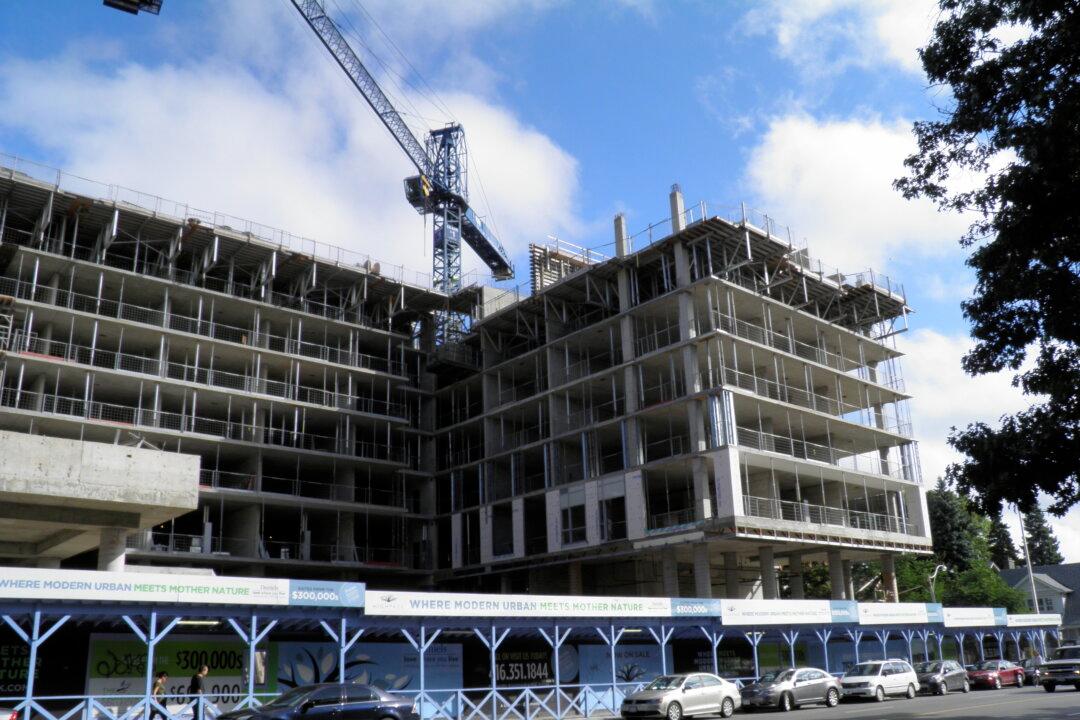Homebuilding in Canada took a sharp turn lower in February as housing starts fell 16.4 percent month-over-month, according to Canada Mortgage and Housing Corp. (CMHC) on Monday, March 9. The drop exceeded forecasts by bank analysts.
The trend in housing starts, a six-month moving average of monthly figures, decreased for the fifth straight month.
Overall, housing starts fell to 156,276 annualized units in February, down from a revised figure of 187,025 in January. The tumble mainly came from multiple-unit starts (down 25.1 percent) as opposed to single-detached homes (down 4.1 percent). Multiple-unit starts dropped to their lowest level since January 2011, according to National Bank.
Regionally, most of the fall came in Ontario (down about 16.1K), while Alberta fell only about 0.4K. For Atlantic Canada and Quebec, the level of starts fell to their lowest level since February 1998 and December 2001 respectively, based on analysis from National Bank.





